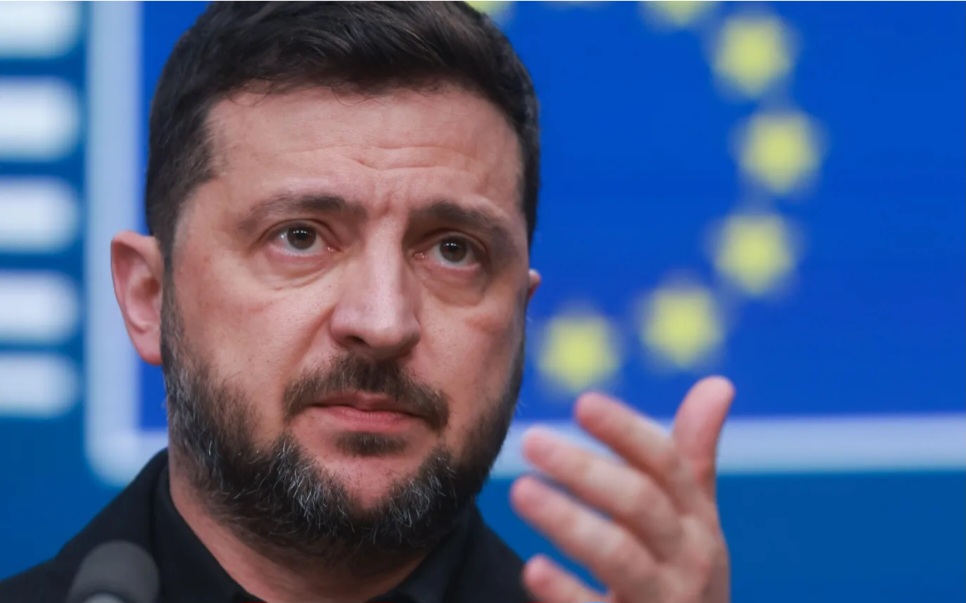
Crystal Dike
On Thursday, Oct. 23, European Union leaders agreed to support Ukraine’s financial needs for the next two years but stopped short of approving a proposal to release billions of euros in frozen Russian assets to fund the country’s defence.
A decision on using about €140 billion (£122 billion) in Russian assets held in Belgium’s Euroclear clearing house was postponed until December after objections from Brussels. The plan, intended as a “reparations loan” for Ukraine, faced resistance due to legal and financial concerns.
Following marathon talks in Brussels on Thursday, the final summit declaration asked the European Commission to present “options for financial support based on an assessment of Ukraine’s financing needs,” rather than formally endorsing the frozen-assets plan.
“Russia’s assets should remain immobilised until Russia ceases its war of aggression against Ukraine and compensates it for the damage caused by its war,” the declaration said.
European Commission President Ursula von der Leyen acknowledged that “points remain to be clarified,” calling the issue “very complex.”
European Council President Antonio Costa said the bloc had committed to ensuring Ukraine’s financial stability for the next two years. “Russia should take good note of this: Ukraine will have the financial resources it needs to defend itself,” he told reporters.
Ukrainian President Volodymyr Zelensky, who attended the summit, welcomed the outcome as a sign of “political support” for using Russian assets to sustain Kyiv’s defence.
Belgium, however, has been cautious. Prime Minister Bart De Wever said his government required “concrete and solid guarantees” before backing the proposal, warning of possible litigation that could trigger “a major financial crisis.”
“Can this plan be legal? That is a very good question. There are no clear answers,” De Wever said.
Moscow condemned the EU’s intentions, with Russian Foreign Ministry spokeswoman Maria Zakharova warning that “any confiscatory initiatives from Brussels will inevitably result in a painful response.”
The Brussels meeting came ahead of a London summit today, where UK Prime Minister Sir Keir Starmer will urge European leaders to step up long-range missile supplies to Ukraine. Zelensky is expected to attend alongside NATO Secretary General Mark Rutte and several European leaders.
Meanwhile, the EU has approved new sanctions targeting Russia’s oil revenues, following similar measures announced by the United States on Wednesday. President Donald Trump, unveiling his first sanctions on Moscow, targeted oil giants Rosneft and Lukoil and cancelled a planned meeting with President Vladimir Putin in Budapest.
“Every time I speak to Vladimir, I have good conversations and then they don’t go anywhere,” Trump said.
The EU sanctions also include phasing out Russian energy imports and restrictions on three Chinese firms accused of buying Russian crude oil. EU foreign affairs spokeswoman Kaja Kallas said the measures aim “to deprive Russia of the means to fund this war.”
China’s Commerce Ministry condemned the sanctions, saying they “seriously undermine the overall framework of China–EU economic and trade co-operation.”
